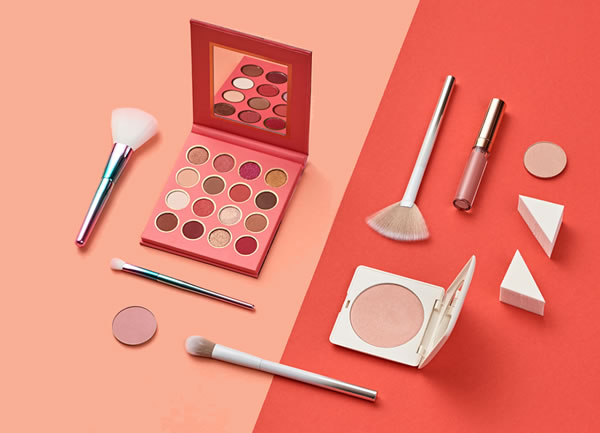What is the issue?
You may have read in the UK media reports from the USA claiming that the ingredient Triclosan, used in some toothpastes and other personal care products such as handwashes, could affect unborn babies and might be linked with cancer. We understand the worry this is likely to cause, especially among new parents and mums-to-be, and would like to reassure you Triclosan is safe to use and provides real health benefits to consumers.
Triclosan is a safe ingredient
There is no evidence that Triclosan has harmful hormonal (endocrine) effects which might affect babies and Triclosan is not known to cause cancer.
Triclosan is one of the most studied substances, natural or man-made, in use today. Those studies cover the safety of Triclosan to humans (including any possible risk of harm to babies and infants before birth, i.e. during pregnancy, and after the birth, i.e. when breastfeeding), animals and the environment, including questions about the risk of antimicrobial resistance (i.e. the loss of effectiveness of the antimicrobial agent).
Why is it used?
Triclosan is used in personal care products because it effectively inhibits the growth of bacteria. It can be used as a preservative to protect the product from deterioration and also helps to reduce bacteria on the skin, which is why it is used in deodorants and handwashes, and in the mouth, which is why it is used in toothpastes and mouthwashes. This helps to prevent the spread of germs, reduces the risk of infections, maintains the oral cavity (teeth and gums) in good condition and controls body odour.
What are the reports saying?
In a recently discussed study in the US, results show that today's expert chemical analysts can find traces of Triclosan in the urine of pregnant women and in some umbilical cord blood. The study does not show these levels to be harmful or cause adverse effects and the authors admit that Triclosan is readily flushed out of the body.
Separately, it is reported that the US Food and Drug Administration (FDA) is reviewing the safety of Triclosan; that report refers to old studies claiming a link between Triclosan and cancer but no such link has ever been established. Currently, the FDA states on its website "Triclosan is not known to be hazardous to humans."Re-reviews are a normal part of ensuring regulatory decisions are still appropriate in the light of new knowledge.
How do we know Triclosan is safe?
In Europe the safety of all cosmetic products is covered by strict safety laws, which require a safety assessment be carried out on each product before it is made available for use by the consumer. As well as this, cosmetic ingredients and their safety are kept under constant review by the European Commission and EU member states, assisted by the Commission's independent scientific expert committee (the Scientific Committee for Consumer Safety, SCCS). The SCCS has issued several opinions supporting the use of Triclosan as a safe and effective ingredient in cosmetic products as follows: up to 0.3% in toothpastes, hand and body soaps, shower gels, deodorants, face powders, blemish concealers and nail cleansers; and up to 0.2% in mouthwashes. These opinions are only issued after a thorough review of all of the available scientific evidence.
We would like to assure consumers that there is no reason to avoid cosmetic products containing Triclosan, which provides real health benefits to consumers safely.

